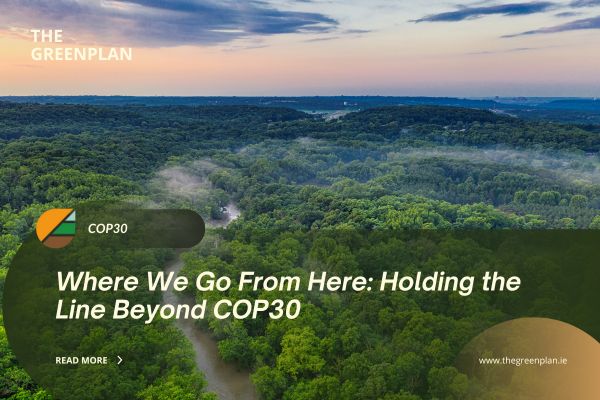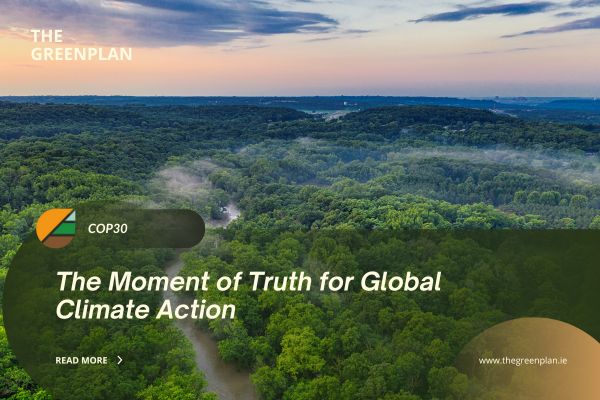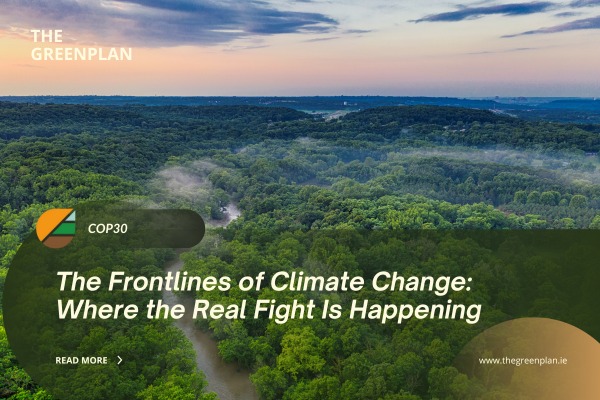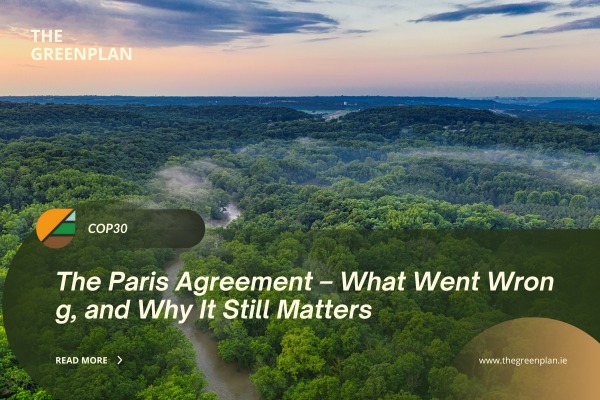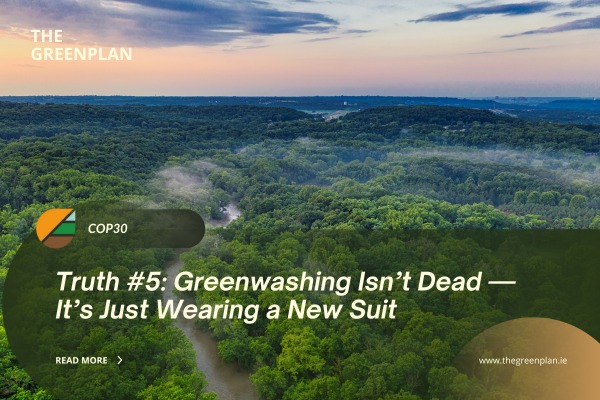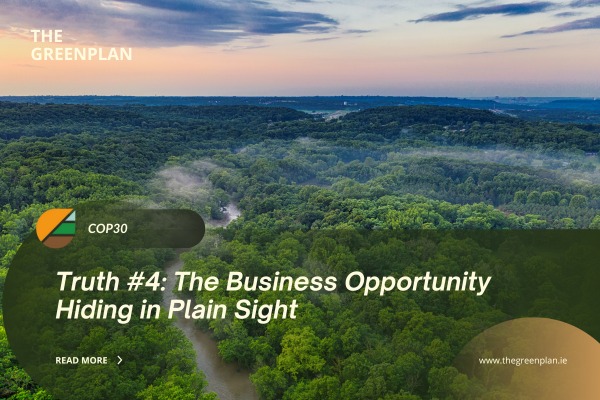As we move toward COP30 in Brazil, a lot of the world’s attention will focus on the negotiations, what’s agreed, what’s pledged, who signs what. And that matters. But I’ll tell you now where this summit will really succeed or fail:
In boardrooms. In procurement offices. On factory floors. In data centres. In schools. In supply chains. In communities.
Because that’s where climate action either happens, or it doesn’t.
For all the importance of political will, the reality is this: governments can’t do this alone. They can set targets. They can sign treaties. But the daily, on-the-ground emissions reductions? The redesign of systems? That’s coming from business. From operations. From people who want to move beyond net-zero slogans and actually deliver measurable change.
And here’s the good news: more and more of them are ready.
I’ve worked with global businesses, public services, and community leaders who are eager to step up—but they don’t want another abstract framework. They want something usable. Practical. Trackable. That’s why I built The GreenPlan, a real-world system that helps businesses, governments, and communities embed sustainability into everything they do.
The GreenPlan doesn’t ask, “What’s your climate ambition?” It asks, “What’s your evidence?” What have you reduced? What behaviour has changed? What systems have been improved? And how do we scale that?
This is what COP30 must embrace. The days of top-down-only climate strategy are over.
The summit in Brazil will make headlines, but the real outcomes will be written in spreadsheets, product design meetings, fleet strategies, and infrastructure upgrades.
To every CEO, sustainability lead, procurement officer, and board chair reading this: you don’t have to wait for COP30 to make your move. The tools are already here. The urgency is already clear. And the impact is yours to shape.
Business is not the problem anymore. It’s the platform for progress.
Let’s prove it, starting now.


